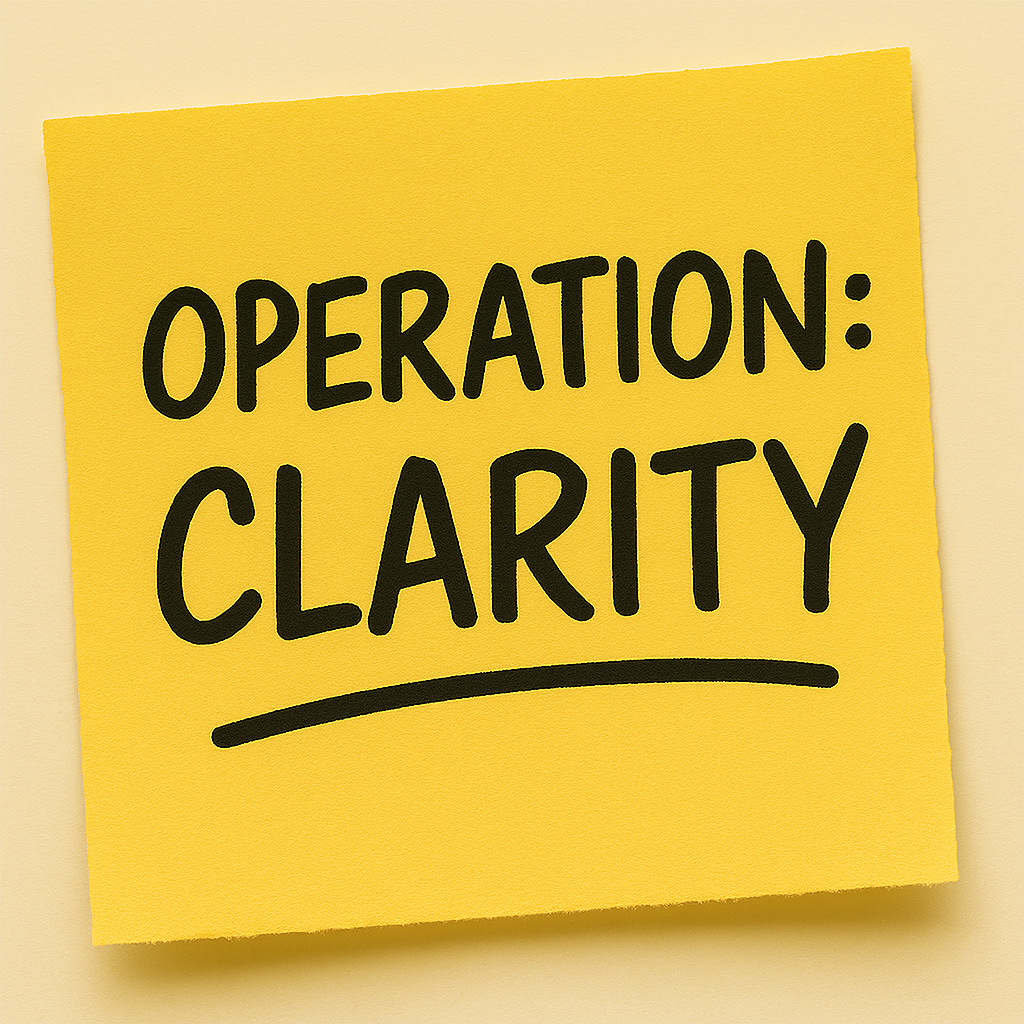Featured
- Get link
- X
- Other Apps
How to reset yourself after narcissistic abuse
How to reset yourself after narcissistic abuse can be a challenging and complex process. Here are some steps you can take to reset yourself after narcissistic abuse:
1. Acknowledge the abuse: Recognize and accept that you have been a victim of narcissistic abuse. Understand that it was not your fault and that you deserve to heal and move forward.
2. Seek support: Reach out to trusted friends, family members, or a therapist who can provide emotional support and guidance throughout your healing journey. Joining support groups or online communities with others who have experienced narcissistic abuse can also be helpful.
3. Set boundaries: Establish clear boundaries to protect yourself from further abuse. Learn to say no and prioritize your own needs and well-being. This may involve distancing yourself from the narcissistic individual and cutting off contact if necessary.
4. Practice self-care: Focus on self-care activities that promote your physical, emotional, and mental well-being. Engage in activities that bring you joy, such as hobbies, exercise, meditation, or spending time in nature. Prioritize your own needs and make self-care a priority.
5. Challenge negative beliefs: Narcissistic abuse often leaves victims with negative beliefs about themselves. Challenge these beliefs by practicing self-compassion and self-acceptance. Remind yourself of your worth and value as an individual.
6. Educate yourself: Learn about narcissistic personality disorder and the dynamics of narcissistic abuse. Understanding the patterns and behaviors associated with narcissism can help you make sense of your experiences and empower you to move forward.
7. Practice forgiveness: Forgiving the narcissistic individual may not be necessary or even possible in some cases. However, it can be helpful to work towards forgiving yourself for any self-blame or guilt you may be carrying. Letting go of resentment and focusing on your own healing can be a powerful step towards resetting yourself.
8. Set new goals: Rediscover your passions, dreams, and aspirations. Set new goals for yourself and work towards them. This can help you regain a sense of purpose and direction in your life.
9. Practice self-compassion: Be patient and kind to yourself throughout the healing process. Understand that healing takes time and that it's okay to have setbacks. Treat yourself with the same compassion and understanding you would offer to a close friend.
Remember, recovering from narcissistic abuse is a journey, and everyone's healing process is unique. Be gentle with yourself and seek professional help if needed.
- Get link
- X
- Other Apps
Popular Posts
How can we effectively manage our finances to save for the future while covering current expenses?
- Get link
- X
- Other Apps

Comments
Post a Comment